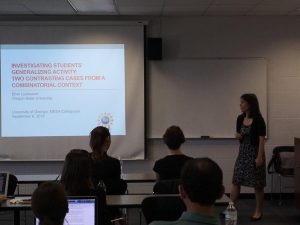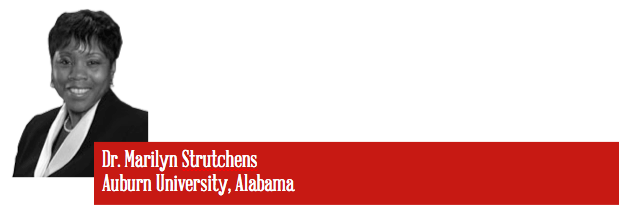We are excited to announce that Dr. Sarah Lubienski from Indiana University will be visiting next week and giving a colloquium!
When: Wednesday, November 15th 3:15pm
Where: Aderhold Room 229
What: “Mathematics Instruction, Achievement and Equity in the U.S.: What Can (and Can’t) National Data Tell Us About Recent Trends?”.
Dr. Sarah Lubienski is a professor of mathematics education at Indiana University. Her research focuses on diverse students’ mathematics outcomes and the policies and practices that shape those outcomes. Dr. Lubienski is co-Chair of the Research in Mathematics Education SIG of AERA as well as a member of the AERA Grants Governing Board. Dr. Lubienski has served as director of several AERA Institutes on Statistical Analysis for Education Policy. Her work has been funded by the Institute of Education Sciences, the National Center of Education Statistics, the National Science Foundation and the Fulbright Program. She recently served as Associate and then Interim Dean of the University of Illinois Graduate College before moving to Indiana University in Bloomington.
We look forward to seeing you next week.


